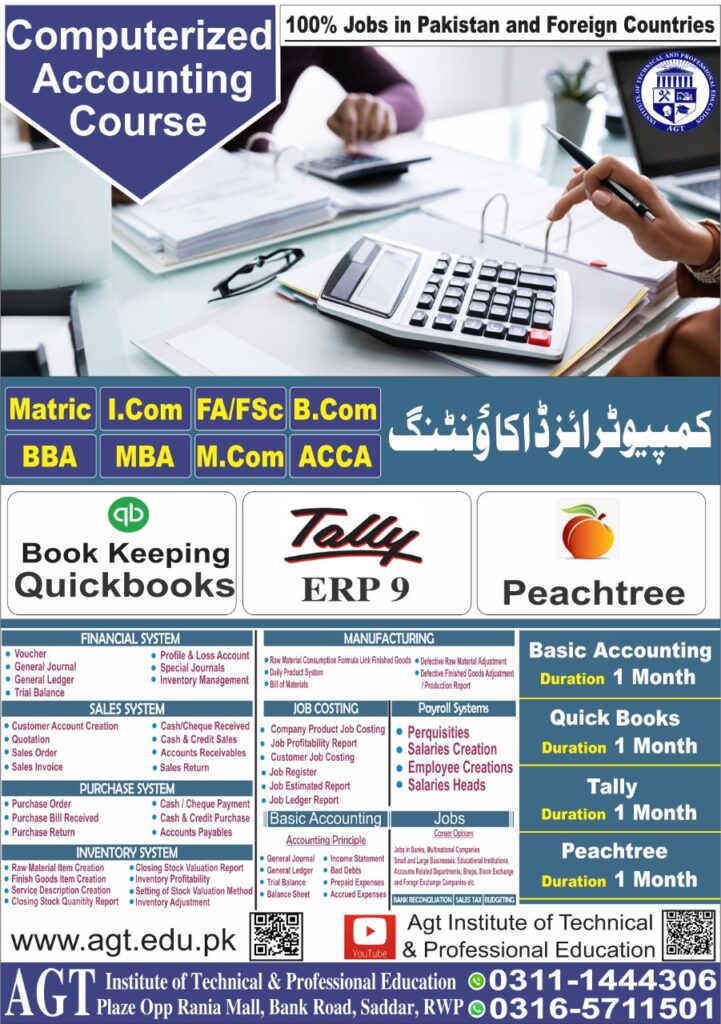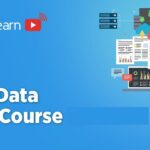Unlocking the Secrets of Money: My Honest Take on Taking an Accounting Course
Hey there! If you’re reading this, chances are you’ve either heard the word "accounting" and felt a shiver down your spine, or you’re genuinely curious about what it actually entails. Trust me, I’ve been in both camps. For the longest time, "accounting" sounded like a secret language spoken only by robots in pristine suits, buried under mountains of spreadsheets. It felt intimidating, boring, and utterly out of my league.
But then, a tiny seed of curiosity was planted. I started my own small online venture, and suddenly, managing my money felt less like a hobby and more like a high-stakes guessing game. I realized I didn’t just want to make money; I wanted to understand it. I wanted to know where it went, where it came from, and how to make smart decisions with it. That’s when I decided, with a deep breath and a dash of skepticism, to enroll in an accounting course.
And let me tell you, that decision? It wasn’t just about learning numbers; it was about unlocking a whole new way of seeing the world.
My First Steps: Facing the "Big Bad Wolf" of Accounting
I remember sitting down for my first online module. My screen glowed with terms like "debits," "credits," "assets," and "liabilities." My initial reaction was pure panic. "Oh no," I thought, "this is exactly what I feared!" It felt like trying to read a textbook written in an alien alphabet.
But here’s the thing about a good accounting course: it doesn’t just throw terms at you. It takes your hand and slowly, patiently, introduces you to each concept. My instructor, through video lessons and simple examples, started to break down the walls of my fear. He explained that accounting isn’t about memorizing; it’s about understanding a story. Every number tells you something about a business, a person, or an organization.
The Magic of Debits and Credits: Not as Scary as They Sound!
One of the biggest hurdles for beginners, myself included, was wrapping my head around "debits" and "credits." They sound fancy, right? Like something only high-level financial wizards use. But in essence, they’re just two sides of a coin, two ways to record every single financial transaction.
Imagine you buy a coffee. Money (an asset) leaves your wallet, and coffee (an expense) comes to you. An accounting course teaches you how to record both sides of that simple transaction. It’s like a universal language for tracking financial movements. Once I grasped that fundamental idea – that every financial action has an equal and opposite reaction – the fog started to lift. It wasn’t about "good" or "bad" numbers; it was about balance.
Building Blocks: Assets, Liabilities, and Owner’s Equity
My accounting course then moved into the fundamental building blocks of any financial picture. Think of it like this:
- Assets: These are the things you own that have value. Cash in your bank, a car, a house, even money owed to you.
- Liabilities: These are the things you owe to others. A loan, a credit card bill, money you haven’t paid back yet.
- Owner’s Equity: This is what’s left over if you sold all your assets and paid off all your liabilities. It’s your stake in the business, or your net worth personally.
The beautiful part? My course taught me the "Accounting Equation": Assets = Liabilities + Owner’s Equity. This equation is like a perfectly balanced seesaw. It always has to be in balance. If it’s not, something is wrong, and that’s where the detective work of accounting comes in! Understanding this equation was a massive "aha!" moment for me. It transformed abstract terms into tangible concepts.
Beyond the Basics: Understanding the "Big Three" Financial Statements
Once I had a handle on the basics, my online accounting course guided me through the "Big Three" financial statements. These aren’t just fancy reports; they’re like different angles of a photograph, each telling a crucial part of the financial story:
- The Income Statement (Profit & Loss Statement): This is like a report card for a specific period (a month, a quarter, a year). It tells you how much money a business made (revenue) and how much it spent (expenses) to get there. The bottom line? Whether the business made a profit or a loss. My course taught me how to read this and understand if a business was truly thriving or just busy.
- The Balance Sheet: Remember the Assets = Liabilities + Owner’s Equity equation? The Balance Sheet is a snapshot of that equation at a specific point in time. It shows you exactly what a company owns, what it owes, and what its owners’ stake is, all neatly organized. It’s like checking a company’s financial health at a glance.
- The Cash Flow Statement: This one is super important! It tells you where the cash is actually coming from and where it’s actually going. A business can be profitable on paper but still run out of cash. This statement reveals the true liquidity – the real money moving in and out. My course made me realize that "profit" isn’t always the same as "cash in hand."
Why an Accounting Course Isn’t Just for Accountants
This is the part where I want to shout from the rooftops! Taking an accounting course isn’t just for aspiring CPAs or finance gurus. It’s for everyone.
- For the Small Business Owner/Entrepreneur: If you’re running your own show, understanding your books isn’t just a good idea; it’s survival. You’ll make better decisions about pricing, investments, and growth. I personally felt so much more in control of my own small business after gaining these skills.
- For Personal Finance: Seriously, this is a game-changer. Understanding accounting principles helps you budget better, analyze your investments, comprehend loan agreements, and plan for your future with more confidence. It’s financial literacy 101.
- For Employees in Any Field: Whether you’re in marketing, sales, human resources, or operations, understanding the financial health of your company helps you do your job better. You’ll understand why certain decisions are made, how your department contributes to the bottom line, and how to speak the language of management.
- For Aspiring Investors: Want to pick stocks or understand annual reports? Accounting is the foundation. You’ll be able to dissect a company’s financial statements and make informed choices, rather than just guessing.
- For General Life Understanding: Every news report about the economy, every political debate about taxes, every discussion about business growth – it all makes so much more sense when you understand the basic principles of accounting.
My Top Tips for Beginners Considering an Accounting Course
If my journey has piqued your interest, here are a few things I learned that might help you on yours:
- Start Simple: Don’t jump into advanced corporate accounting right away. Look for a beginner accounting course or an introduction to accounting online. Many platforms offer free trials or introductory modules.
- Embrace the Practice: Accounting isn’t a spectator sport. You have to do it. Work through every example, solve every problem. The more you practice, the more intuitive it becomes.
- Don’t Be Afraid to Ask: I had countless questions. A good course will have forums, Q&A sessions, or an instructor you can reach out to. There are no "stupid" questions when you’re learning something new.
- Find a Good Learning Style: Some people prefer videos, others textbooks, some interactive exercises. Experiment to find an accounting course that matches how you learn best.
- Be Patient with Yourself: There will be moments of frustration. Concepts might not click immediately. That’s perfectly normal. Take a break, come back to it, and trust the process.
- Connect it to the Real World: As you learn, try to apply the concepts to things around you. How does your favorite coffee shop manage its inventory? How does your household budget reflect assets and liabilities? This makes it much more engaging.
The Transformation: More Than Just Numbers
Looking back, taking that accounting course was one of the best decisions I made. It wasn’t just about learning to crunch numbers; it was about gaining clarity, confidence, and a powerful new lens through which to view the world. I stopped seeing numbers as abstract symbols and started seeing them as stories, opportunities, and warnings.
My fear of spreadsheets transformed into an appreciation for their power. My confusion about financial news turned into informed understanding. My small business ventures became more strategic and less reliant on guesswork.
So, if you’re standing on the fence, wondering if an accounting course is for you, I wholeheartedly encourage you to take that leap. It might just be the secret ingredient you need to unlock a clearer, more empowered understanding of your finances, your business, and the world around you. You don’t have to become a robot in a suit; you just have to be willing to understand the language of money. And trust me, it’s a language worth learning.



